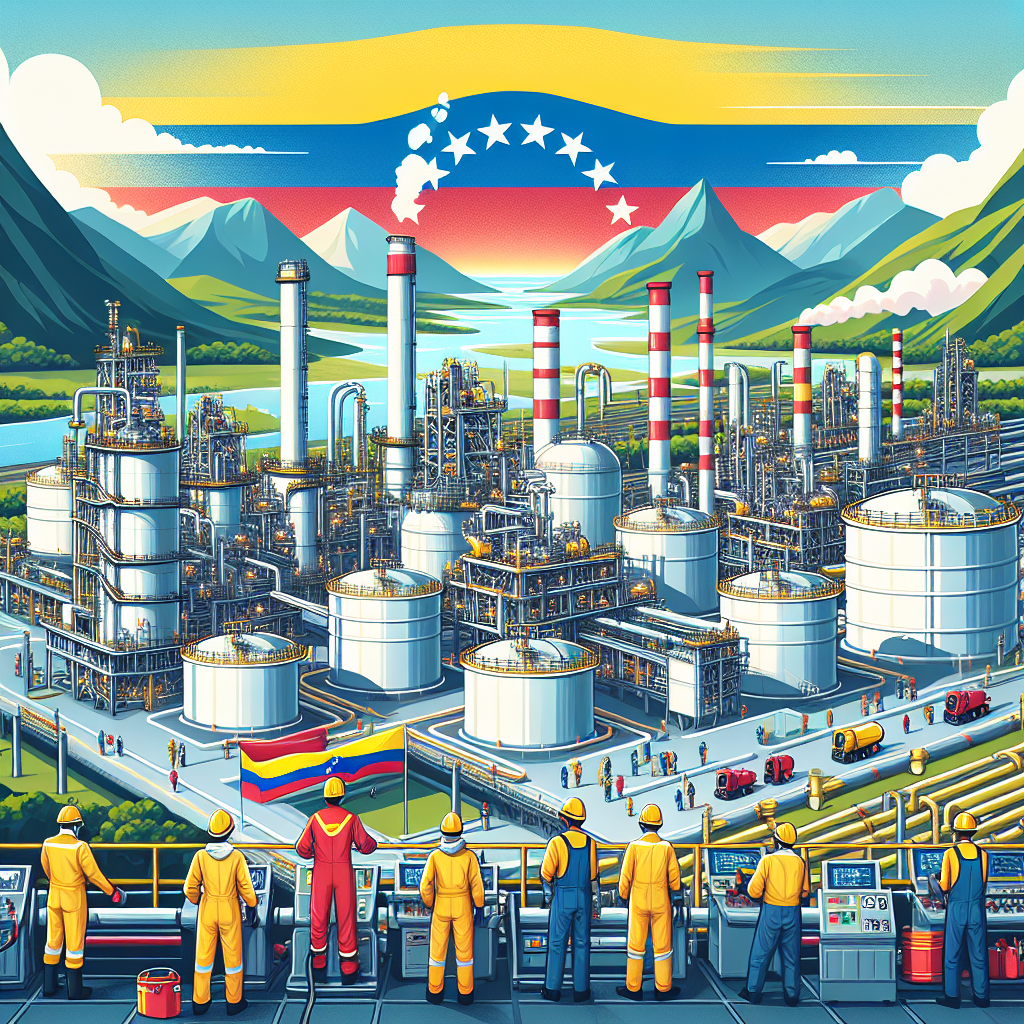Venezuela: UN rights office describes pervasive ‘climate of fear’
According to news reports, Mr. Gonzalez’s arrest followed publication by his camp of granular polling data indicating that he had won the election easily.

The UN human rights office, OHCHR, reiterated deep concerns on Tuesday over the continuing “climate of fear” in Venezuela, after an arrest warrant was issued for the opposition’s presidential candidate in the country’s recent election.
“It is a climate of fear in the country at the moment. We are urging the government to ensure that all steps are taken in line with international human rights law with transparency and that steps are taken to resolve this dispute peacefully,” OHCHR spokesperson Ravina Shamdasani told journalists in Geneva.
The alert is just the latest of many warnings from the UN, top independent rights experts and independent investigators appointed by the Human Rights Council over the violent repression of dissenting voices in the South American country.
“People are being detained for expressing their right to political participation, for their freedom of expression, for freedom of assembly,” Ms. Shamdasani said, a day after the authorities called for the detention of Edmundo Gonzalez.
His campaign proved unsuccessful against President Nicolas Maduro who was announced the winner of the July election, a result contested by opposition supporters who have questioned the absence of voting numbers to back up the victory from official electoral authorities.
Polling result query
According to news reports, Mr. Gonzalez’s arrest followed publication by his camp of granular polling data indicating that he had won the election easily. He stands accused of numerous crimes including falsifying documents.
Although the UN human rights office does not have a presence in Venezuela, Ms. Shamdasani noted that OHCHR still has had “contact” and “engagement” with the authorities in Caracas, amid street protests and online criticism following the election result, which returned Mr. Maduro to power.
“We still put our concerns to them; we are continuing to urge…all parties to resolve all electoral disputes by peaceful means and there needs to be a climate where there is a full protection of the human rights of all individuals regardless of their political affiliation,” Ms. Shamdasani insisted.
State-sponsored violence
According to the Human Rights Council-appointed Fact-Finding Mission on Venezuela, the election protests were met with “fierce repression by the State, as directed by its highest authorities, inducing a climate of widespread fear. The Mission has recorded 23 deaths, the vast majority caused by gunfire, between 28 July and 8 August in the context of the protests. In 18 of these cases, the victims were men under the age of 30.”
Echoing those concerns last month, the UN High Commissioner for Human Rights, Volker Türk, noted that more 2,400 people have been arrested in Venezuela since 29 July, following the Presidential elections.
“It is especially troubling that so many people are being detained, accused or charged either with incitement to hatred or under counterterrorism legislation. Criminal law must never be used to limit unduly the rights to freedom of expression, peaceful assembly and association,” the High Commissioner said.
Visit UN News for more.










